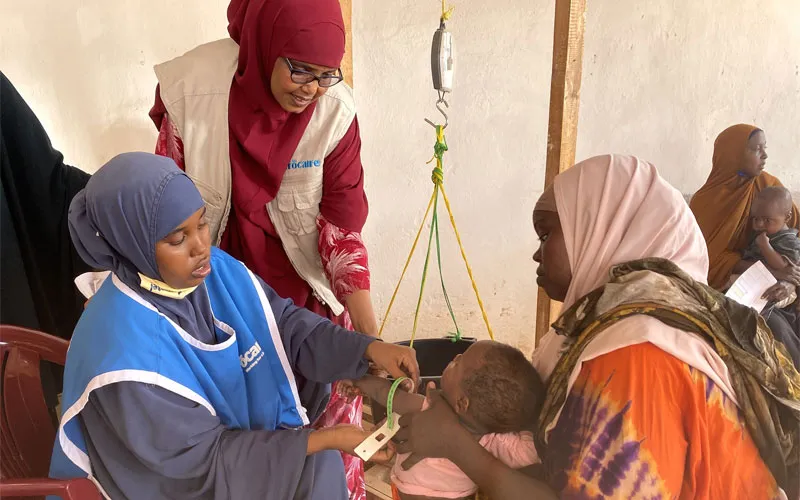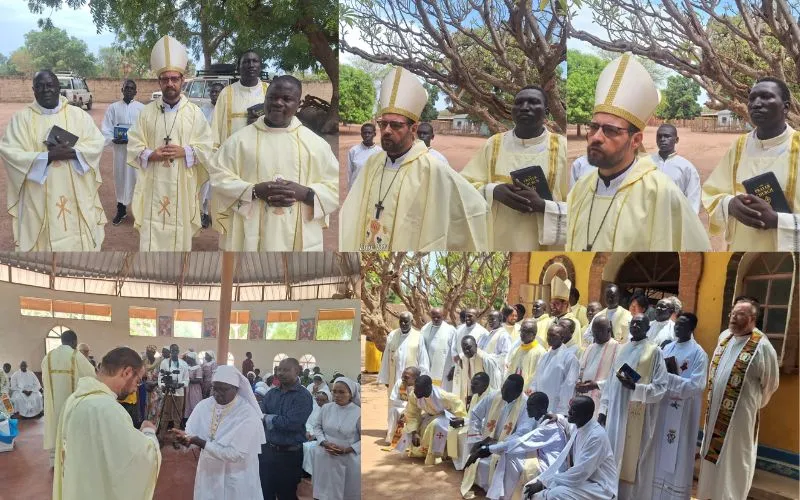Nairobi, 14 October, 2022 / 8:15 pm (ACI Africa).
Ahead of the annual event of World Food Day (WFD) marked on October 16, the leadership of the overseas development agency of the Catholic Bishops of Ireland, Trócaire, has highlighted measures to end hunger across the globe, including Africa.
In a Thursday, October 13 report, Trócaire officials make reference to initiatives in Sub-Saharan Africa that involve the use of agroecological approaches to boost farming.
Agroecological approaches, they explain, “take into account natural ecosystems and planting a diversity of crops to boost the resilience and sustainability of the farming system as a whole.”
“Evidence from Trócaire’s projects in…Sub-Saharan Africa confirm how agroecological approaches support people’s right to adequate food and build farmers’ resilience (socio-political and economic trading power) to climate change and other shocks,” officials of the Irish Catholic entity say.
There is need to increase investment in agriculture at a global level “through overseas development aid and at a national level” so as to end hunger, they further say, and add, “Richer countries should also allocate much higher rates of climate finance as significant resources are needed to adapt to the adverse effects and reduce the impacts of a changing climate.”








